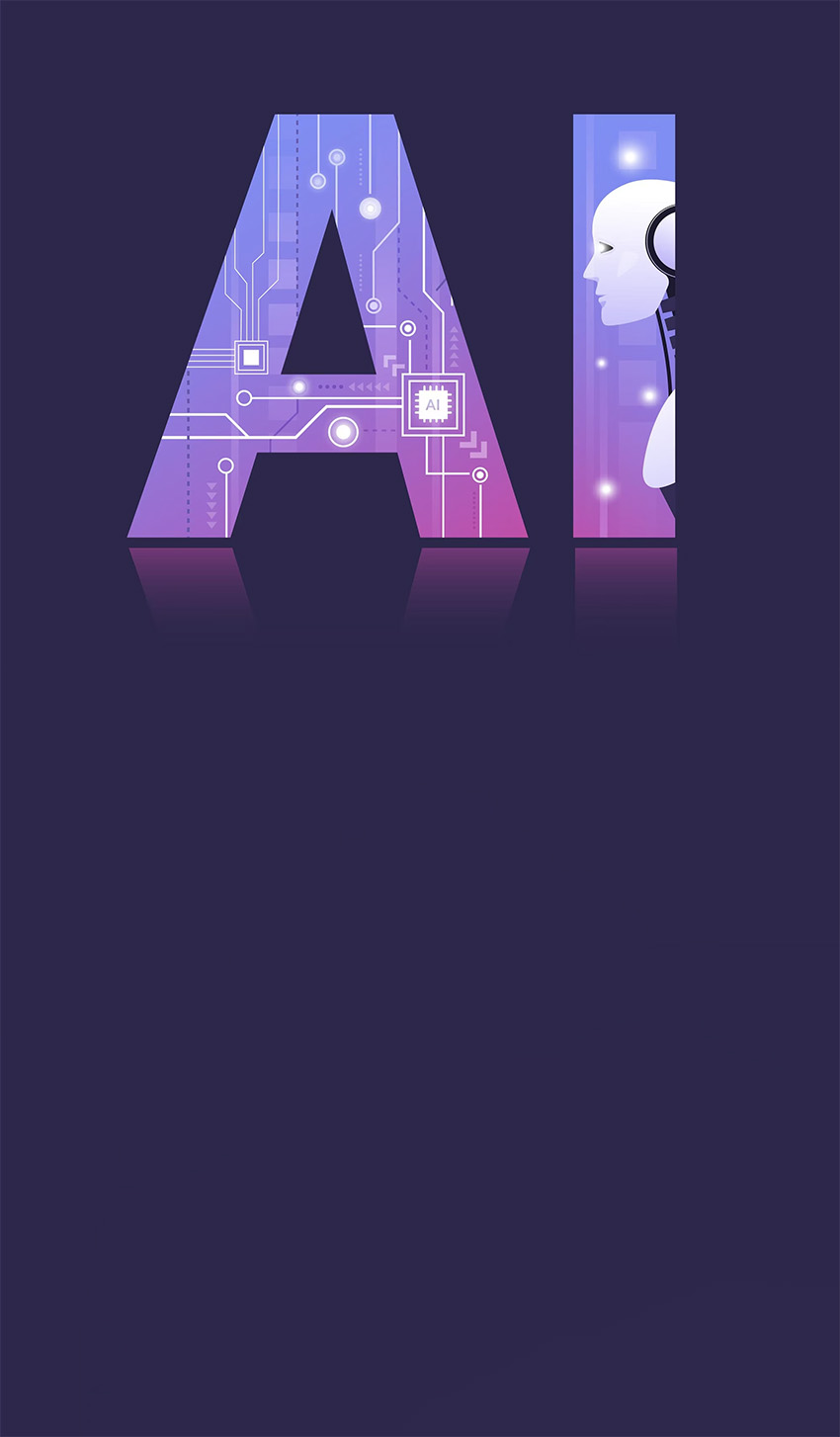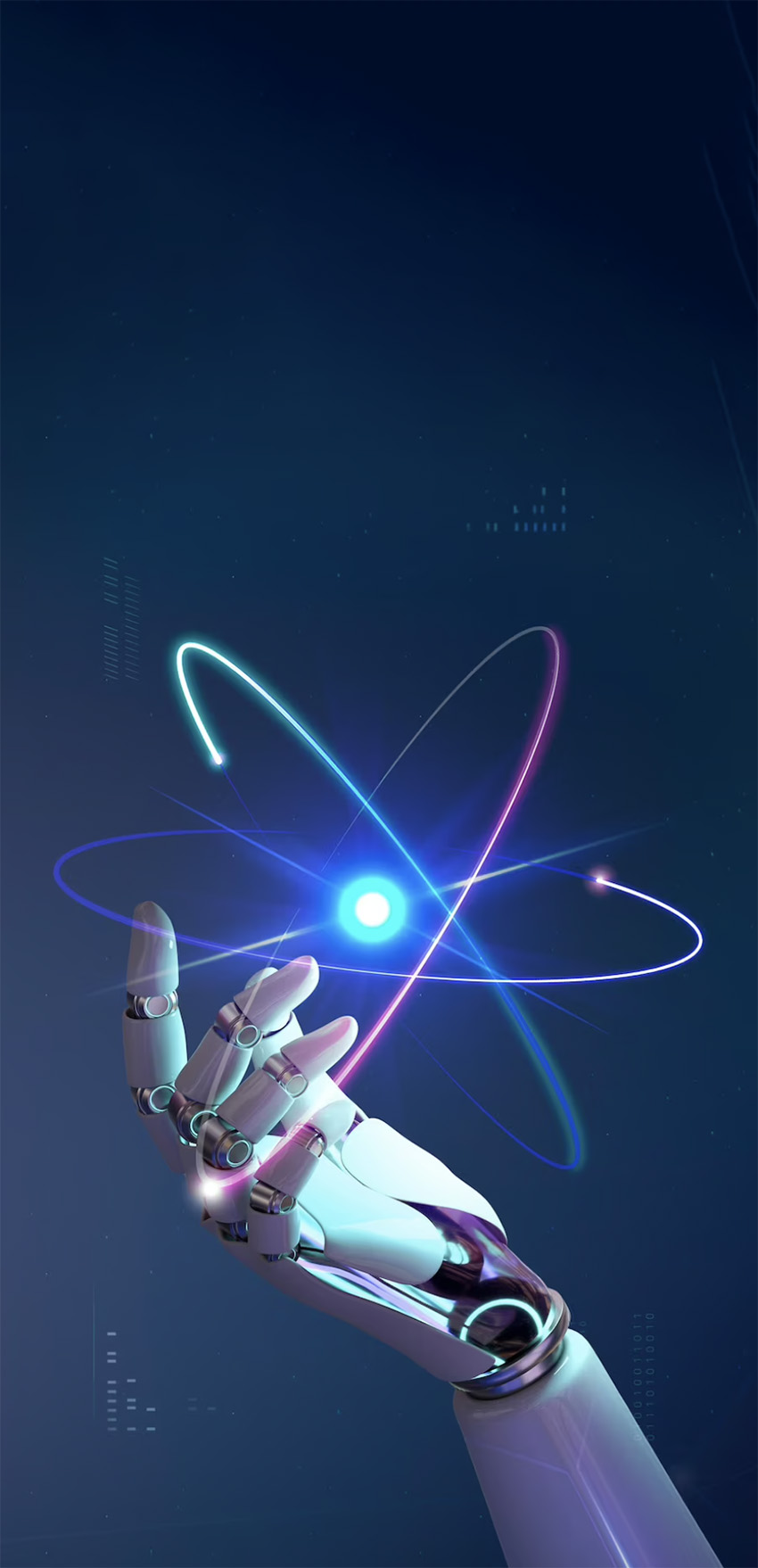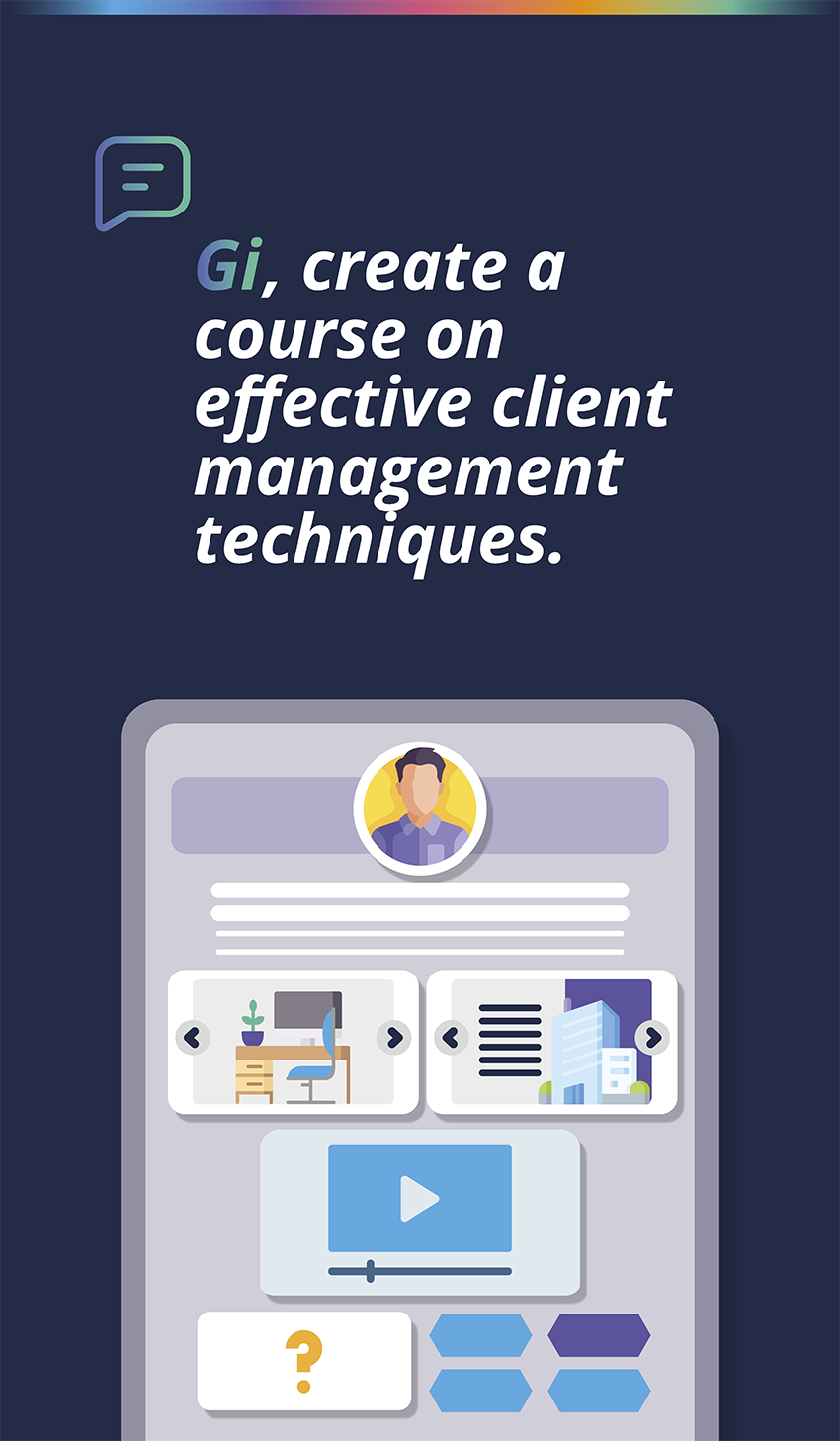Introduction to AI in Human Resources
Definition and Basics of AI, Machine Learning, and Digital Assistants
Artificial Intelligence (AI) refers to the simulation of human intelligence in machines, programmed to think and learn like humans. It encompasses various technologies, including Machine Learning (ML), where algorithms enable systems to learn from data, and Digital Assistants, which are AI-powered tools that can interact with users and perform tasks. IBM provides a comprehensive overview of AI and its components.
Machine Learning is a subset of AI that allows systems to automatically learn and improve from experience without being explicitly programmed. It’s the driving force behind many AI applications today. More details can be found at Expert.ai.
Digital Assistants, such as Siri and Alexa, are AI-powered tools that understand natural language and can perform tasks on behalf of the user. They are becoming increasingly prevalent in both personal and professional settings. Oracle offers insights into the role of Digital Assistants in modern technology.
The Importance of AI in HR
AI is transforming the Human Resources (HR) landscape by automating routine tasks, enhancing decision-making, and personalizing employee experiences. From recruitment to employee engagement, AI offers a multitude of benefits that streamline HR processes and improve efficiency. Forbes discusses the future of HR technology and the role of AI in shaping it.
The use of AI in HR not only saves time but also helps in making unbiased decisions, providing personalized learning paths, and predicting employee behavior. It’s a tool that empowers HR professionals to focus on more strategic aspects of their role. SHRM explores how AI can rebuild the workforce.
The Evolution of AI in HR: Past, Present, and Future
The integration of AI in HR has evolved significantly over the years. In the past, AI was primarily used for basic automation. Today, it’s leveraged for more complex tasks such as talent analytics, employee well-being monitoring, and predictive modeling. The future promises even more advanced applications, with AI becoming an integral part of HR strategy and planning.
From simple chatbots to sophisticated AI-driven analytics, the journey of AI in HR reflects the broader evolution of technology in the workplace. As we move forward, the convergence of AI, data science, and human insight will continue to redefine HR, making it more agile, responsive, and human-centric. McKinsey offers a perspective on how AI is transforming HR.
 AI’s Impact on HR Processes
AI’s Impact on HR Processes
Recruiting and Hiring
Streamlining Recruitment and Selection
AI has revolutionized the recruitment process by automating the screening of resumes, matching candidates with suitable roles, and even conducting initial interview rounds through chatbots. This streamlining not only saves time but also ensures that the best candidates are shortlisted. More insights can be found at Ideal.
Removing Biases in Recruitment
By relying on algorithms and data, AI can help in removing human biases from the recruitment process. This ensures a more diverse and inclusive workforce, reflecting a fair and unbiased hiring practice. Harvard Business Review explores this subject in depth.
Onboarding
Improving Onboarding Processes
AI-powered onboarding tools provide personalized experiences for new hires, guiding them through necessary paperwork, introductions, and initial training. This enhances the onboarding experience and helps new employees integrate more quickly. This article offers a detailed look at how AI is changing onboarding.
Orientation of New Hires
AI can also assist in the orientation of new hires by providing virtual tours, interactive FAQs, and personalized schedules. This ensures a smooth transition into the company culture and work environment.
Learning and Development
Personalized Learning and Training
AI enables personalized learning paths for employees, adapting to individual needs and progress. This personalization ensures more effective training and skill development. ATD provides insights into how AI is transforming learning and development.
Boosting Learning and Development Programs
Through predictive analytics and data-driven insights, AI can identify areas where learning and development programs can be enhanced or modified. This leads to more impactful and relevant training. Know more about GFoundry’s Learning & Development here.
Employee Monitoring and Engagement
Employee Monitoring
AI-powered tools can monitor employee performance and productivity, providing real-time feedback and support. This helps in identifying areas for improvement and recognizing achievements. This article discusses the ethical considerations of AI-driven employee monitoring.
Engagement Initiatives
AI can analyze employee feedback and engagement levels, allowing HR to design targeted initiatives that boost morale and job satisfaction. Read this article about employee engagement.
Employee Retention
Through predictive analytics, AI can identify potential attrition risks, enabling HR to take proactive measures to retain valuable employees. This article provides a guide on using predictive analytics for retention.
Performance Management
Performance Reviews
AI can automate and enhance performance reviews by gathering data from various sources, providing a more comprehensive and unbiased view of an employee’s performance. Medium explores how AI is reshaping performance management. Know more about GFoundry Performance Management Solution here.
Increasing Performance Management
With real-time monitoring and analytics, AI supports continuous performance management, fostering a culture of ongoing feedback and development.
Internal Mobility and Task Management
AI facilitates internal mobility by matching employees’ skills and aspirations with available opportunities within the organization. It also aids in task management by automating routine tasks and optimizing workflows. McKinsey offers insights into matching talent to value.
HR Chatbots and Virtual Assistants
HR chatbots and virtual assistants provide instant responses to employee queries, assist in scheduling, and offer support in various HR functions. This enhances the employee experience and allows HR professionals to focus on more strategic tasks. This article provides an overview of HR chatbots and their benefits.
 Benefits and Advantages of AI in HR
Benefits and Advantages of AI in HR
Improved Efficiency and Reduced Costs
AI in HR leads to significant improvements in efficiency by automating routine tasks and enabling faster decision-making. This not only saves time but also reduces operational costs. From screening resumes to managing employee queries, AI’s ability to handle repetitive tasks allows HR professionals to focus on more strategic activities. This article explores how AI is transforming HR through efficiency and cost reduction.
Better Decision-Making
AI provides HR with data-driven insights that lead to more informed and objective decisions. Whether it’s talent acquisition, performance evaluation, or workforce planning, AI’s analytical capabilities ensure that decisions are based on facts and patterns rather than intuition. PwC offers insights into how AI enables better decision-making across various business functions.
Streamlined Processes
Recruitment
AI streamlines the recruitment process by automating candidate sourcing, screening, and initial interactions. This ensures a faster and more accurate matching of candidates to suitable roles.
Employee Onboarding
Through personalized onboarding experiences and automated paperwork, AI enhances the onboarding process, making it smoother and more engaging for new hires. Read this article to know more about GFoundry’s onboarding solutions.
Employee Engagement and Satisfaction
AI can analyze employee feedback and engagement levels, allowing HR to design initiatives that boost morale and job satisfaction. This leads to a more engaged and satisfied workforce. This article explains what employee engagement is and why it matters.
The Role of Generative AI
Proactive Support
Generative AI can provide proactive support to HR practitioners and employees by anticipating needs and offering timely assistance. Whether it’s nudging HR towards specific actions or summarizing service desk calls, generative AI adds a new dimension to HR support. McKinsey offers an overview of generative AI technologies.
Payroll Reporting and Processing Assistance
Generative AI can also assist in payroll reporting and processing by automating complex calculations and compliance checks. This ensures accuracy and efficiency in payroll management, a critical aspect of HR. This article explores how AI and machine learning are the next frontier for HR, including payroll processing.
 Considerations and Challenges of AI in HR
Considerations and Challenges of AI in HR
Adopting AI Tools
Limitations of AI
While AI offers numerous benefits, it’s essential to recognize its limitations. AI algorithms are only as good as the data they are trained on, and they may struggle with tasks that require human intuition or emotional intelligence. Understanding these limitations is crucial for effective implementation. McKinsey provides a detailed analysis of the limitations of AI.
Data Privacy and Cybersecurity Risks
AI systems often require access to sensitive data, raising concerns about data privacy and cybersecurity. Ensuring that AI tools comply with regulations and are protected against cyber threats is vital. Kaspersky explores the security and privacy challenges associated with AI.
Evaluating Risks and Benefits
Adopting AI in HR requires a careful evaluation of both risks and benefits. Understanding how AI will impact various HR functions, and ensuring alignment with organizational goals, is key to successful implementation. This article offers insights into the top priorities for HR leaders, including AI adoption.
Bias and Other Risks
AI systems can inadvertently perpetuate or even exacerbate biases present in the training data. This can lead to unfair or discriminatory practices in recruitment, performance evaluation, and other HR functions. Addressing this challenge requires careful design and monitoring of AI systems. World Economic Forum discusses how to stop AI bias.
The Bad and Ugly: Limitations and Cons of AI in HR
Machine-Generated Errors
AI algorithms can make mistakes, especially when faced with unexpected or novel situations. These machine-generated errors can have significant consequences, particularly in sensitive areas like employee evaluations or legal compliance. Forbes outlines the pros and cons of AI, including potential errors.
Perpetuating Biases
As mentioned earlier, AI can perpetuate biases present in the training data. This can lead to biased hiring decisions, pay disparities, and other unfair practices. Continuous monitoring and ethical considerations are essential to prevent these issues. Brookings Institution offers best practices to reduce algorithmic bias.
Increased Risks to Cybersecurity
AI systems can be vulnerable to cyberattacks, potentially exposing sensitive employee data. Ensuring robust cybersecurity measures and compliance with data protection regulations is crucial to mitigate these risks. This article explores how AI and machine learning are used in cybersecurity, highlighting both opportunities and risks.
 Preparing for the Future of AI in HR
Preparing for the Future of AI in HR
Implementing AI in Your HR Organization
Key Focus Areas for HR Leaders
Implementing AI in HR requires a strategic approach, focusing on areas such as talent management, employee engagement, and data analytics. Understanding the specific needs and goals of the organization is essential for successful AI integration.
Driving Organizational Success
AI can be a powerful tool for driving organizational success by enhancing efficiency, improving decision-making, and fostering innovation. Aligning AI initiatives with broader business objectives ensures that technology investments translate into tangible business outcomes. This article explores how AI can drive business strategy and success.
What AI Implementation Means for Your Workforce
Introducing AI into HR processes will have implications for the workforce, including changes in roles, skill requirements, and ways of working. Effective communication, training, and change management are essential to ensure a smooth transition.
The Future of HR Tech and Compliance
Data Analytics, AI/ML, and Predictive Models
The future of HR technology lies in the integration of data analytics, AI, and machine learning to create predictive models that guide decision-making. These technologies enable a more proactive and data-driven approach to HR management.
Ensuring Compliance with Data Privacy Laws
As AI systems handle sensitive employee data, compliance with data privacy laws becomes paramount. Understanding and adhering to regulations such as GDPR is essential to maintain trust and avoid legal issues. DLA Piper offers a global data protection and privacy tool to navigate regulations.
Attaining Executive Buy-In for HR Tech Investment
Investing in HR technology requires executive buy-in to secure funding and support. Building a strong business case that aligns with organizational goals and demonstrates clear ROI can help gain executive approval.
FAQ on AI in  HR
HR
The integration of AI in HR raises many questions and considerations. Here are some common questions and answers:
- What is the future of AI in HR? The future of AI in HR is promising, with continued advancements in automation, analytics, and personalization.
- Why is AI important to HR? AI enhances efficiency, decision-making, and employee engagement, making it a valuable tool for modern HR. CIO explains the partnership between HR and IT in driving the future of work.
- How will AI impact jobs? AI will change the nature of jobs, automating routine tasks and creating new roles that require different skills. McKinsey offers insights into the future of work and the impact of AI on jobs.
- How does AI affect recruitment? AI streamlines recruitment by automating candidate sourcing and screening, reducing time and bias.
- Can AI improve employee training? Yes, AI enables personalized learning paths and continuous feedback, enhancing training effectiveness.
- What are the ethical considerations of AI in HR? Ethical considerations include data privacy, transparency, and avoiding biases in AI-driven decisions.
- How can small businesses leverage AI in HR? Small businesses can use AI for recruitment, employee engagement, and analytics, even with limited resources.
- Is AI replacing human HR professionals? AI augments human HR professionals by automating routine tasks, but human judgment and empathy remain essential.
- How to ensure data security with AI in HR? Implementing robust cybersecurity measures and complying with data protection regulations ensures data security.
- What skills are needed to implement AI in HR? Skills in data analytics, machine learning, change management, and collaboration are vital for implementing AI in HR. Coursera offers a professional certificate in AI for HR.
The Importance of Artificial Intelligence in Human Resources Management: The Role of Gi, GFoundry’s AI Assistant
Artificial Intelligence (AI) is revolutionizing human resources management, enabling a more personalized and efficient approach to employee training and development.
Gi, GFoundry’s AI assistant, plays a crucial role in this context by creating personalized educational materials and predicting trends like employee turnover. Integrated into the GFoundry platform, Gi offers smarter talent management, helping companies maximize their employees’ potential through advanced AI solutions. Click here to learn more.

Conclusion: AI as the Future of HR
The Good, the Bad, and the Ugly
AI’s integration into HR presents a complex picture with significant benefits and challenges. The good includes enhanced efficiency, personalized employee experiences, and data-driven decision-making. The bad involves potential biases, machine errors, and cybersecurity risks. The ugly may include unforeseen consequences and ethical dilemmas that require careful consideration. Balancing these aspects is key to harnessing AI’s potential in HR.
Generative AI for HR: Keeping the Human in Human Resources
Generative AI offers new possibilities for HR, from proactive support to complex data processing. However, keeping the human touch in human resources remains essential. AI should augment human judgment, not replace it. Ensuring that AI applications align with human values and organizational culture is vital for success.
The Future of AI in Human Resource Management
The future of AI in HR is promising, with continued advancements expected in automation, personalization, and analytics. As AI technologies mature, their integration into HR will likely become more seamless and sophisticated. Preparing for this future requires strategic planning, ethical considerations, and a focus on human-centered design. The journey towards AI-powered HR is an exciting one, filled with opportunities and challenges that will shape the future of work.
Platforms like GFoundry stand out as comprehensive solutions that align with the future of human resource management.
Introducing Gi – GFoundry’s AI-Powered Assistant
Gi is GFoundry’s new virtual assistant.
Whether you’re looking to develop simple instructional content or comprehensive learning modules, Gi is equipped to facilitate all levels of content creation.
Enhancing Learning and Talent Management
Gi’s role extends beyond traditional learning management systems (LMS).
By integrating the capabilities of AI, Gi provides a more personalized learning experience, adapting to the unique needs of each employee.
This personalized approach helps in identifying individual learning paths that foster skill development and performance improvement across various domains.
By integrating AI, gamification, and social features, GFoundry not only boosts employee engagement but also aligns with the future trends and considerations of AI in HR, making it a valuable asset for organizations striving to innovate and excel in the human resources domain.
Subscribe to GFoundry Newsletter: Weekly Insights on HR’s Most Pressing Topics
Keep on reading:
- Introducing Gi – GFoundry’s AI-Powered Assistant
- Preparing for the Future of Work: Trends in Job Market 2030
- Mastering Employee Turnover: The Ultimate Guide to Retaining Talent and Boosting Productivity
- The Ultimate Guide for Remote Onboarding
- Pulse Surveys & People Engagement
- Benefits of a Good Organizational Climate: Productivity and Talent Retention
- Talent management platform to boost employee engagement
- How to Choose the Right Talent Management Platform for Your Business
- How to Attract, Retain, and Develop Top Talent
- The Ultimate Guide to Remote Talent Management
- HR Trends: What Will HR Look Like in 2024?
- How to improve Employee Engagement and Performance? Your Ultimate Guide
- Employee well-being – the complete guide
- How to create Impactful Learning Journeys for Employees?
- Feedback: what it is, its importance and how to do it (complete guide)
- What is the importance of Compensation and Benefits for employees?
Ready to get started?
Take the next step and learn more about how GFoundry can help you.


 AI’s Impact on HR Processes
AI’s Impact on HR Processes Benefits and Advantages of AI in HR
Benefits and Advantages of AI in HR Considerations and Challenges of AI in HR
Considerations and Challenges of AI in HR Preparing for the Future of AI in HR
Preparing for the Future of AI in HR HR
HR